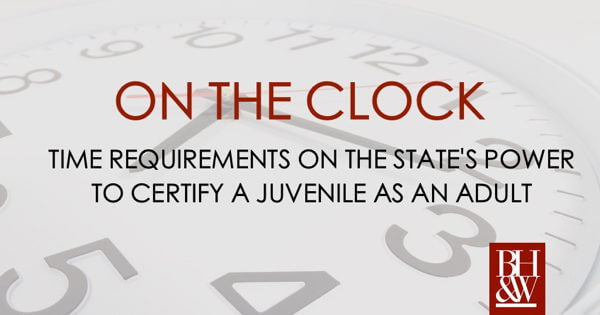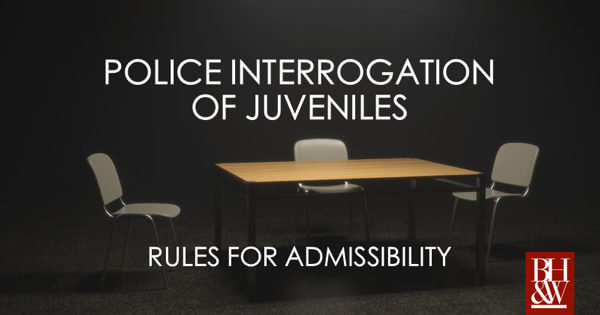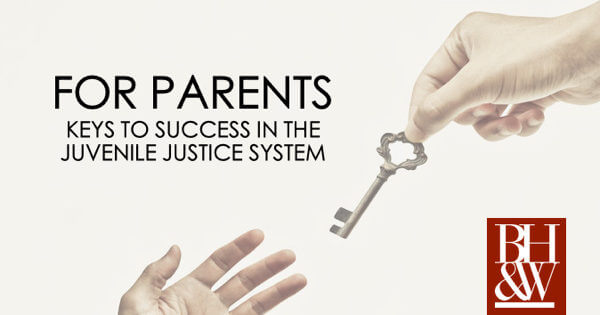 Many people have the perception that the juvenile system is simply a slap on the wrist for kids, regardless of the offense. The reason for this belief is the fact that most kids in the juvenile system get probation. But, probation is not always that simple or easy. This is an introduction to juvenile probation in Tarrant County. This article will cover the reasons behind the tendency towards probation, the length and parameters of probation and what it can include.
Many people have the perception that the juvenile system is simply a slap on the wrist for kids, regardless of the offense. The reason for this belief is the fact that most kids in the juvenile system get probation. But, probation is not always that simple or easy. This is an introduction to juvenile probation in Tarrant County. This article will cover the reasons behind the tendency towards probation, the length and parameters of probation and what it can include.
The Reasons Behind a Probation Heavy System
According to Section 51.01 of the Texas Family Code, the purposes of the juvenile justice system are to protect the public, promote the concept of punishment for criminal acts, to remove the taint of criminality from children, and to provide treatment, training, and rehabilitation that emphasizes accountability for the parent and child for the child’s conduct. This section goes on to state that a child should be removed from his parents only when it is necessary for the welfare of the child or the interest of the public safety. Section 51.01 forms the foundation for which the entire juvenile justice system is based on.
Because of this mandate in Section 51.01 that children should only be removed when necessary, probation with the child remaining in the home is the primary mode of punishment and rehabilitation used by the Tarrant County Juvenile Services Department. The system is not geared towards ripping a kid away from his family, but is built to address and correct the behavior by working with the child and the family together.
The Length and Parameters of Juvenile Probation
In the adult system, a person is only eligible for probation on their first felony offense. In the juvenile system, however, probation is the preferred outcome on cases due to the Family Code’s preference for keeping children in the care of their parents. Under the provisions of the Family Code, a juvenile is eligible for probation on any offense, up to and including murder. For misdemeanor offenses, probation is the only option available.
The maximum length of probation, regardless of offense, is generally up to a child’s 18th birthday. In circumstances involving the most serious offenses or habitual offenders, the prosecutor may seek a determinate sentence which extends the possible punishment. On determinate sentence cases, probation can last for a maximum of ten years. In Tarrant County, prosecutors generally only seek determinate sentences in the most serious of cases.
What Juvenile Probation Can Include
Juvenile probation in Tarrant County can include a wide variety of conditions and requirements, depending on the case and the unique needs of the child and family. Some of the more common conditions of probation are discussed here.










